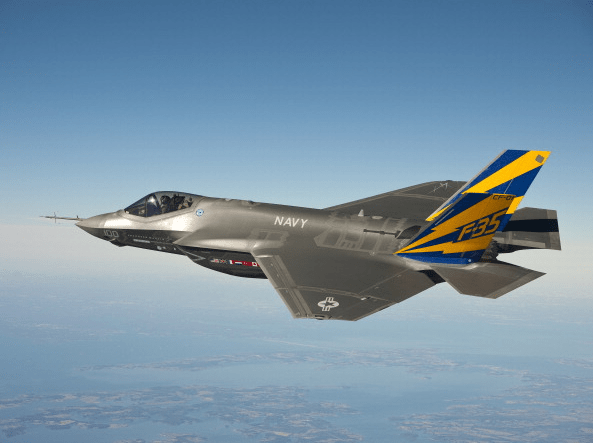This weekend while out at White Rock Lake, two F-16s (military fighter jets) flew by incredibly low to the ground, the sound of their engines shaking seemingly everything. The sheer power of these planes brought a smile to my face.
It also brought up a question that often comes up when discussing politics and government spending – is the Department of Defense spending truly worth it?
First off, let’s get the numbers straight. Often, people cite the fact that defense spending accounts for 54 percent of the federal budget. What this number does not take into account is that this only considers discretionary spending – which excludes spending on “mandatory” entitlement programs such as Medicare and Medicaid. When all government spending is factored in, the defense budget accounts for around 12% of total spending or 21% of federal spending (which excludes money given to states).
While the defense spending is not the massive portion of federal spending that some people claim, it still adds up to billions of dollars each year which brings us back to the original question of whether the price tag is too high.
In my opinion, this price is totally worth it. Wars are won not by who desires to win the most or who is the most justified, but by whoever has the best technology and the most resources.
As such, maintaining superior technology is of the utmost importance in protecting and preventing wars from occurring. However, doing so costs a lot of money.
From an engineering and economic perspective, developing a high-technology product that is first in its field takes time and a lot of money. Going back to the example of the airplane: new generations of jets are made from costly materials such as experimental composites. Brand new technologies need to undergo extensive – and expensive – testing programs, and a team of very smart individuals needs to be paid to carry out all of these tasks.
This is all of what drives defense project expenditures into the billions of dollars. And while some politicians decry this as a waste – if there ever will be another large scale conflict, we all will be glad to have our missile-defense system, stealth fighters, nuclear submarines and all of the other lethal “toys” the government owns.
And we do employ these military assets in conflicts around the world. This is where our defense spending possibly goes a bit wrong. Is it worth it to fund conflicts in the Middle East and to protect our allies across the world? Even some conservatives – or at least Donald Trump – do not think that these costs are justified. And the possibility exists here to decrease our defense spending by reducing American military operations globally, if doing so will not trade off for reduced security.
And while I will concede that while this spending could be reduced, I hope that we will maintain the majority of our research and development budget for the department of defense so that we can continue to defend America from numerous threats for years to come.















